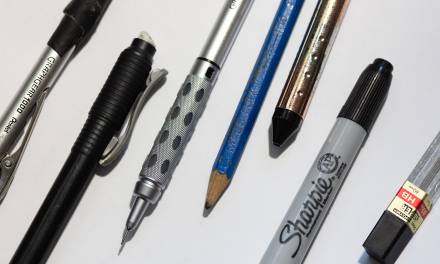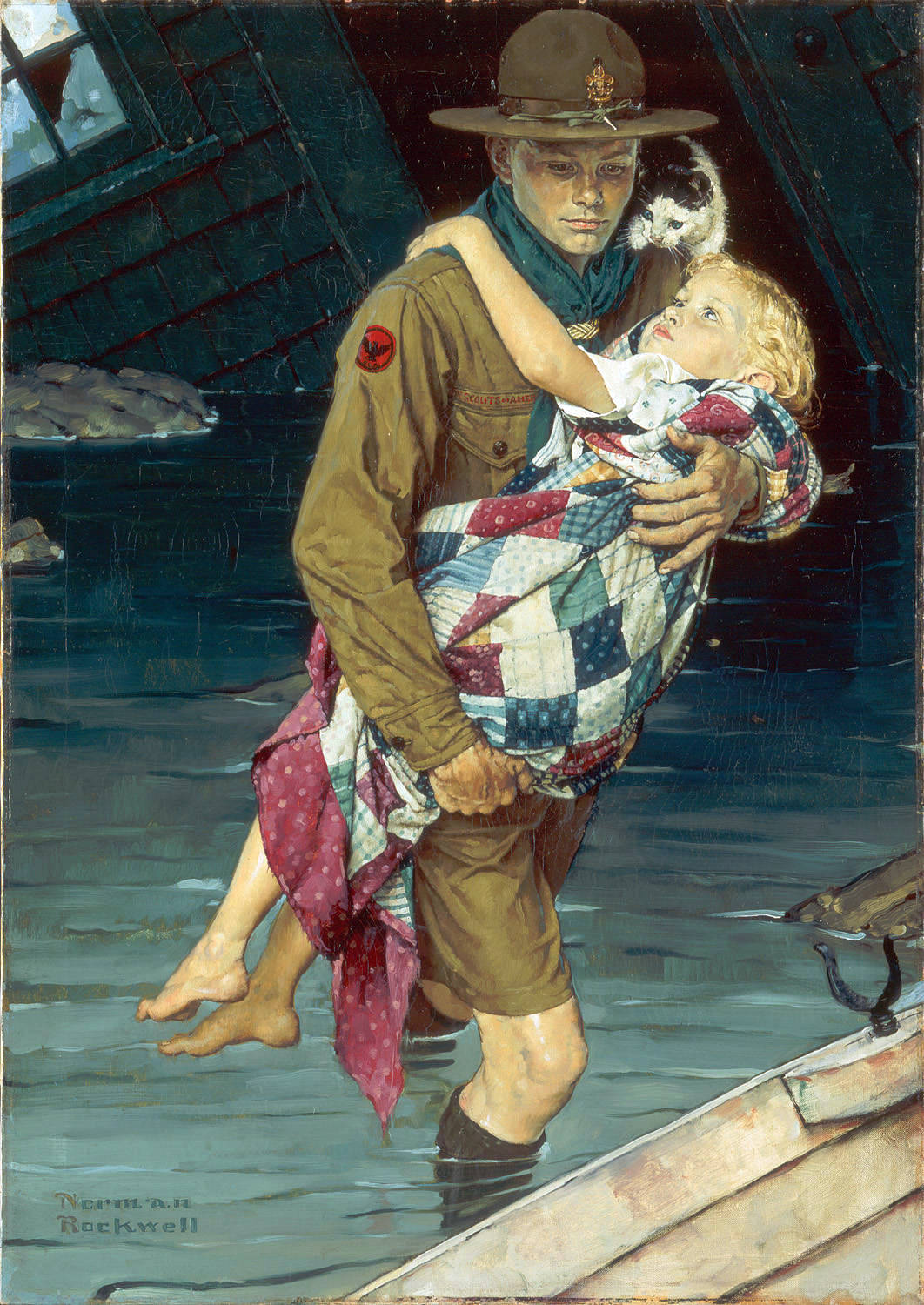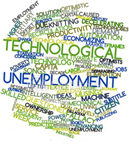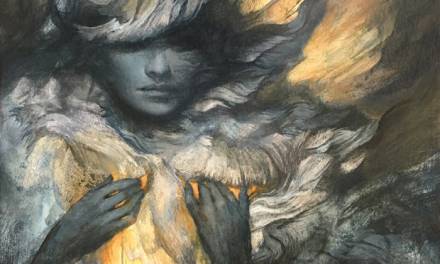Earlier this month we all witnessed two horrific firestorms: the one that devastated the neighborhoods surrounding Los Angeles and the one that engulfed the career one of the most successful and important writers of comics and fantasy fiction working today.
In July 2024, Tortoise Media reported in a podcast Master: The Allegations Against Neil Gaiman that the hugely popular creator of The Sandman comics and author of Stardust and American Gods had been accused of sexual misconduct by five women. The story received very little—if any—notice from the comics and sf&f news sites until this January when an extremely explicit article appeared in New York magazine (and was included and widely circulated via their online site, Vulture) detailing not five but eight women’s claims of being subjected to abusive sexual and emotional behavior. While the article points out that some of the accusers had consented to coitus and generally gone along with Gaiman’s various fantasies and predilections, the women allege that consent for some specific activities had not been agreed to prior to them happening; several had signed NDAs and been paid, in one case, $60,000 and in another $300,000.
I think it’s fair to say that someone doesn’t pay hush money unless they did something to hush up.
It’s fair to say as well that not all of the activities described in either the podcast or the article, while distasteful for the accusers, are illegal or would be considered criminal (though others certainly are). Also that Gaiman has denied the accusations, acknowledging knowing and having intercourse with the women but insisting that everything that had occurred was unforced and consensual.
Life in these times.
How did a respected, even beloved, member of our creative community, someone whose properties and words have inspired and motivated so many, someone who has worked closely with and provided opportunities to artists like Dave McKean, Rick Berry, Colleen Doran, Charles Vess, and numerous others, a man who has received every award and accolade … how could this happen? And why? Because let’s be honest, whether guilty or innocent few careers can survive the scrutiny and condemnation that Gaiman has received in the past weeks; the chances of “redemption” or a “come-back” in this unforgiving age of Social Media are extremely slim. Fall-out from companies he is doing business with was perhaps inevitable: the third and final season of Prime Video’s Good Omens was initially put on hold before it was reduced it to a single 90-minute episode after Gaiman volunteered to step away from production while Netflix canceled his series Dead Boy Detectives, Disney halted pre-production work on The Graveyard Book, and a musical theatrical production of Coraline was axed. Dark Horse made an announcement this past weekend that they were canceling the Anansi Boys comic series and collected edition; there’s been no word about the status of any of his other ongoing publishing projects. So far.
Above: A painting of Dream by Dave McKean.
Was it only a matter of time? His soon-to-be ex-wife Amanda Palmer doesn’t exactly come off like June Cleaver in the article and her share of blame at least seems significant. Were the signs always there but ignored for one reason or another? Were his—and Palmer’s—secrets protected by those who may have known or suspected because he is so famous or popular or well-liked? Is this a case of yet another celebrity using their money, fame, and privilege to exploit and abuse vulnerable people or are they claims from bitter ex-lovers seeking revenge or by calculating opportunists looking to make a buck? You’ve got me. Unless lawyers and the courts get involved (which wouldn’t surprise me—and see an update in the comments), I don’t think we’ll ever know the entire truth—life is complicated, after all, and never black & white—but I do know that I’m saddened.
Saddened for the women for what they experienced. Saddened for Gaiman because it appears from listening to the podcast and reading everything that he’s as vulnerable and lost, at least in some ways, as his accusers (the big difference being, of course, that he’s got money). And, I have to say, saddened for us all.
Because despite the unpleasantness revealed in the Tortoise podcast and New York article, Neil Gaiman’s work–his art—has had a profoundly positive impact on millions of people, on our community as a whole. Regardless of the faults of its creator … the creative work, his work, is—and continues to be—important. For many years Neil Gaiman has been an uplifting influence on both the comics and fantasy fields … but that uplifting influence, that far-reaching good, has unfortunately been greatly diminished, if not irrevocably damaged. And that’s something to feel sad about.
Glen Weldon wrote a thoughtful piece for NPR, “One longtime Gaiman fan on where we go from here,” saying, “While we don’t know whether these disturbing allegations are true, learning of them naturally leads to a deeply personal, complicated question: How do we deal with allegations about artists whose work we admire — even revere? I should note: It’s a complicated question for most of us. It’s not remotely complicated for those who rush to social media to declare that they never truly liked the creator’s work in the first place, or that they always suspected them, or that the only possible response for absolutely everyone is to rid themselves of the now-poisoned art that, before learning of the allegations against the creator, they loved so dearly.”
For my part, despite any of his personal failings, I don’t believe that everything Gaiman has said or created over the decades is now suddenly toxic or inconsequential or should be discarded and forgotten; it doesn’t mean that you can’t still be inspired by his 2012 commencement speech at The University of the Arts to “Make good art.” The message is still valuable.
As I wrote here on Muddy Colors in 2019, “Art, Artists, and Controversy have always been companions. It is both understandable and inevitable that they were and are. Art is a human expression and it goes without saying that being human is complicated and messy—as is history. The problem is that we want everything to be neat and tidy and it never is. It stands to reason that if ‘good people’ can do bad things then ‘bad people’ can do good things—and that includes creating worthwhile art. Saying that shouldn’t confuse anyone into believing that good art somehow excuses the egregious behavior of its creator: it clearly does not. Writing ‘Imagine’ doesn’t give John Lennon a pass for abusing his first wife, Cynthia—but at the same time I also don’t believe that ‘Imagine’ is somehow tainted and should never be heard or performed again. ‘Imagine’ certainly exists because of the artist…but it also exists in spite of him as well.”
I’m not going to throw all of my books or comics by Neil Gaiman in the trash; I’ll probably watch the Good Omens movie when (and if) it comes out (I enjoyed the first two seasons of the series). With any new work that might appear in the coming years, well, things will probably be different. We’ll see what we’ll see. But I’ll always hold onto my belief:
Art, all good art, exists because of the artist…but it also exists in spite of them as well.











The way people are tried and convicted in the tabloids and on social media is appalling. If he is indeed guilty, he should pay whatever penalties the law provides for, but as far as I know, he has not been convicted of anything yet. But his career and reputation are already in tatters.
I agree. Social Media tends to foment an immediate lynch mob mentality before all the facts are known. There’s no due process, just instant conviction. I have no idea if Gaiman is guilty or innocent or a little bit of both—the same for his accusers—but if he’s guilty he should pay the consequences of his actions. But if he’s innocent (at least of anything illegal)…who will be responsible for rebuilding his career?
Well said. Im a big proponent of separating art from artist.
An update: Gaiman & Palmer have been sued by one of the accusers—their former New Zealand nanny—in the U.S. over her rape and human trafficking allegations. Sadder and sadder.
https://deadline.com/2025/02/neil-gaiman-rape-lawsuits-amanda-palmer-filings-1236277339/
I dunno. Maybe if you’re a horrific person, you don’t GET to have a legacy.
“Art, all good art, exists because of the artist…but it also exists in spite of them as well.”
Amen.